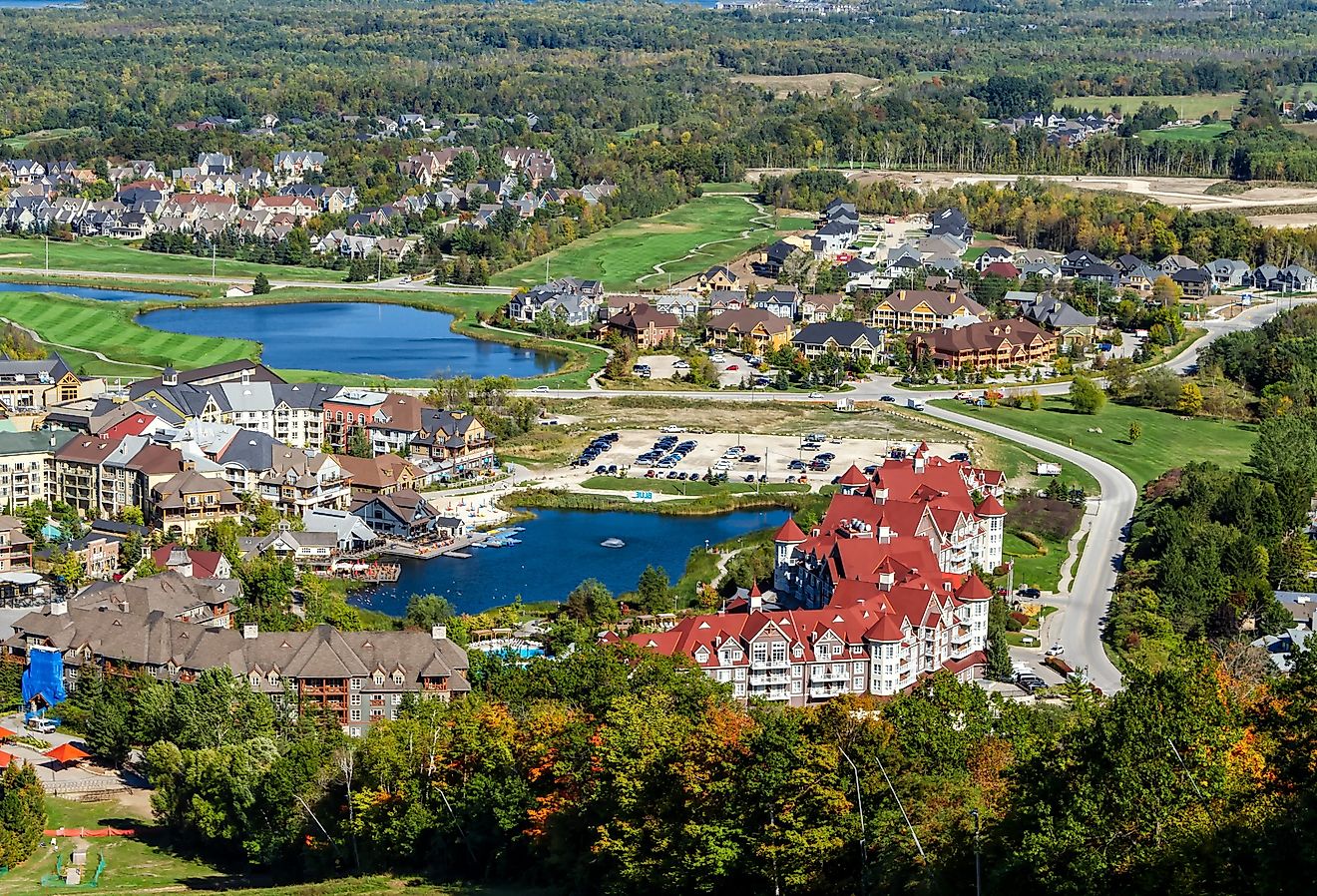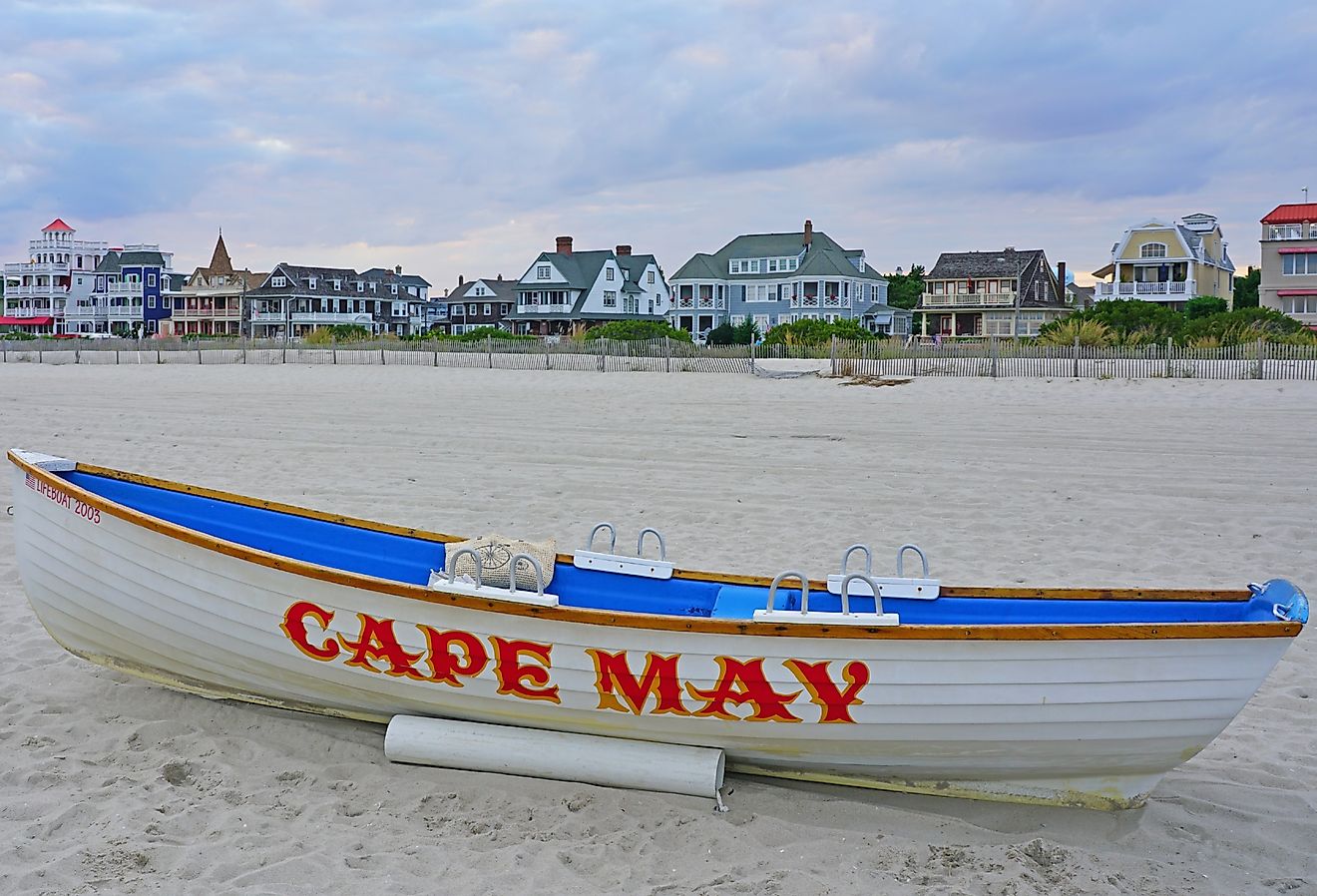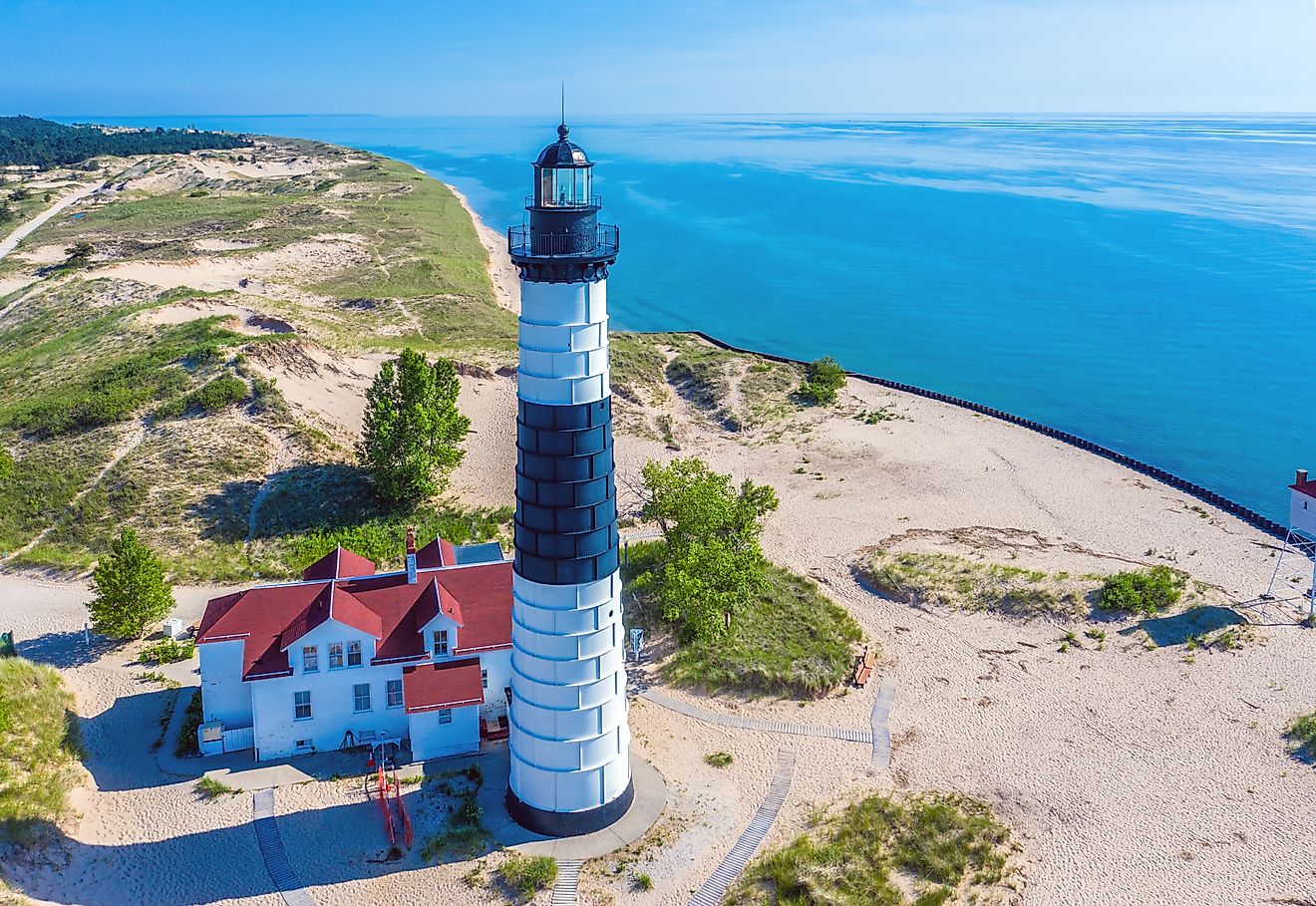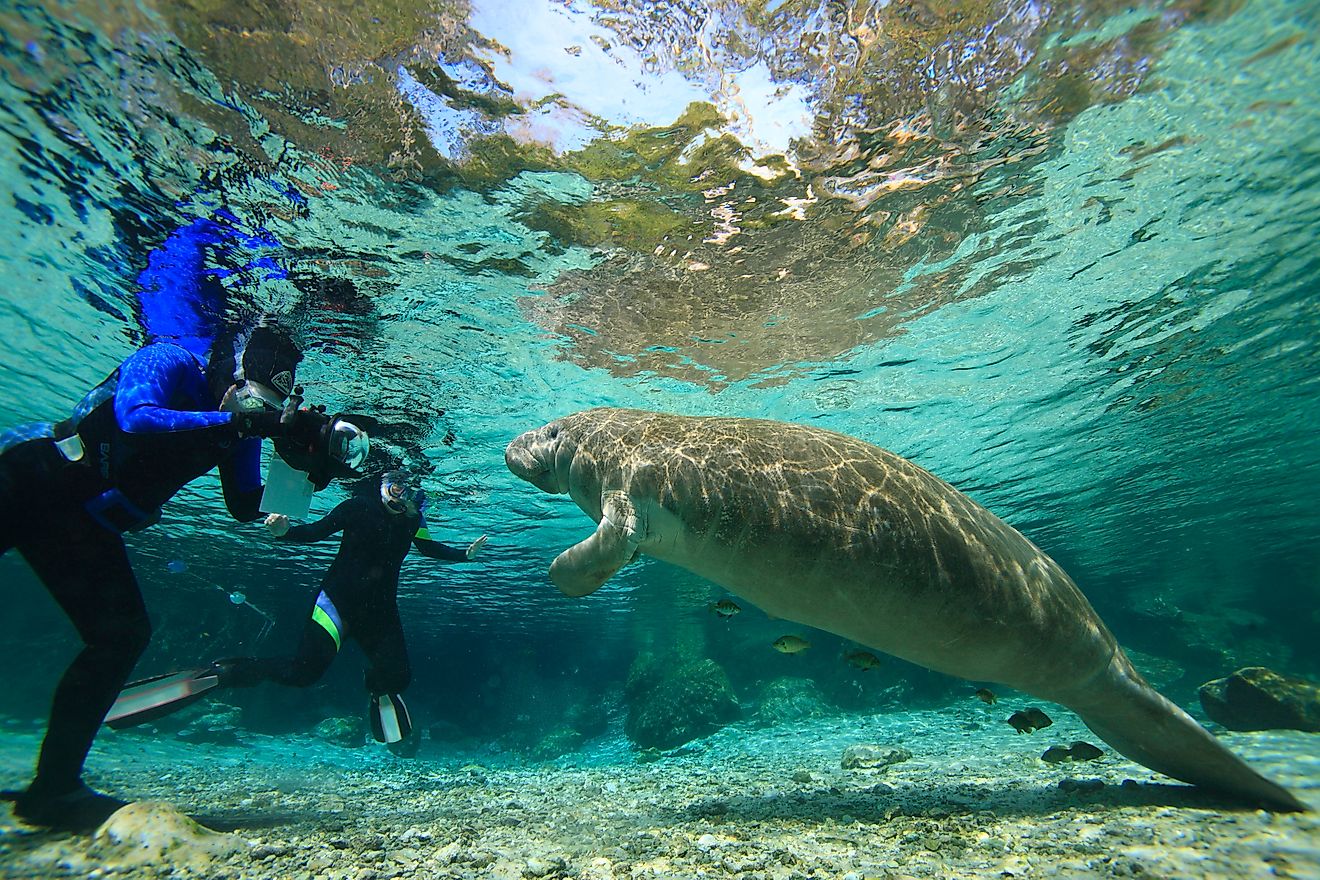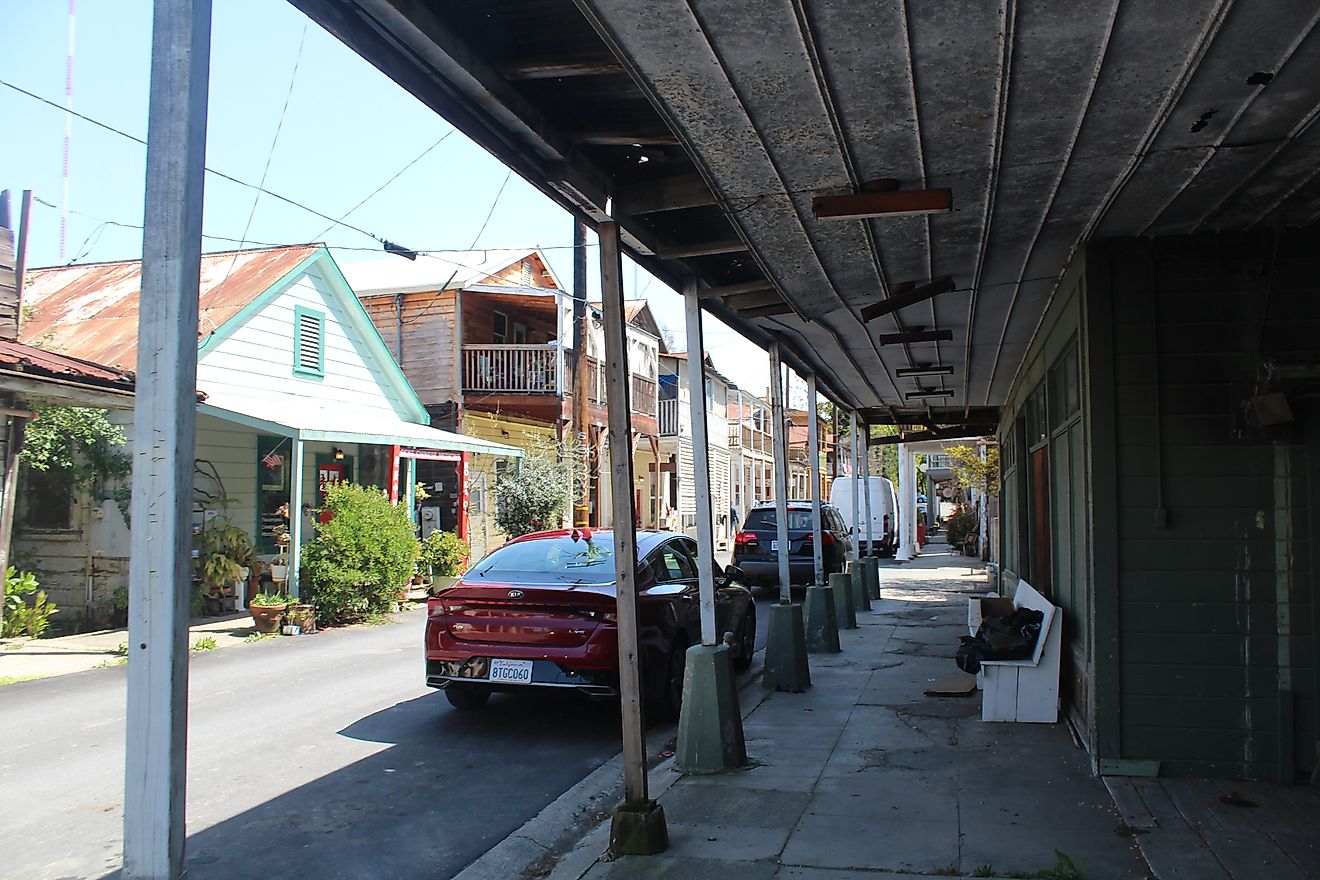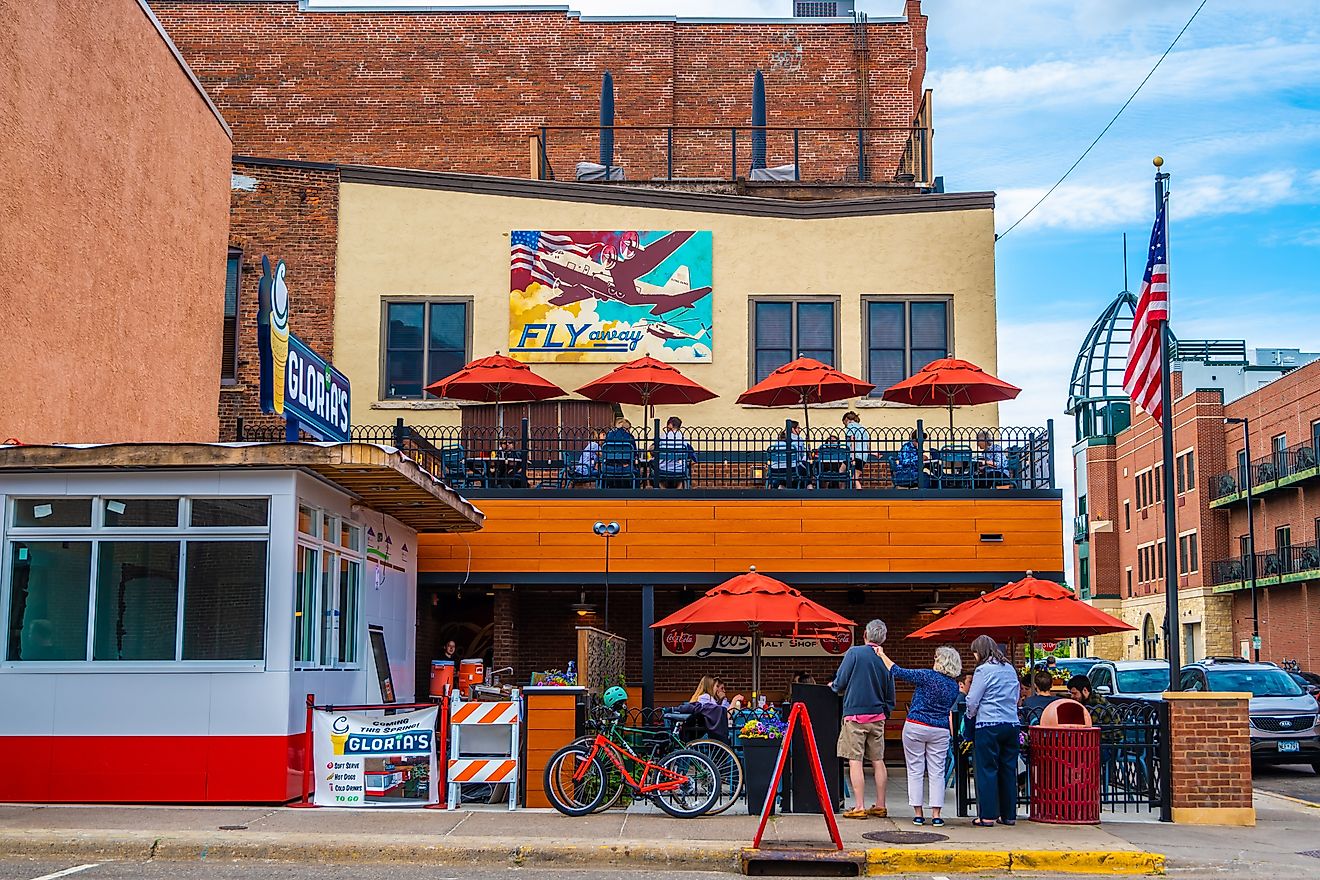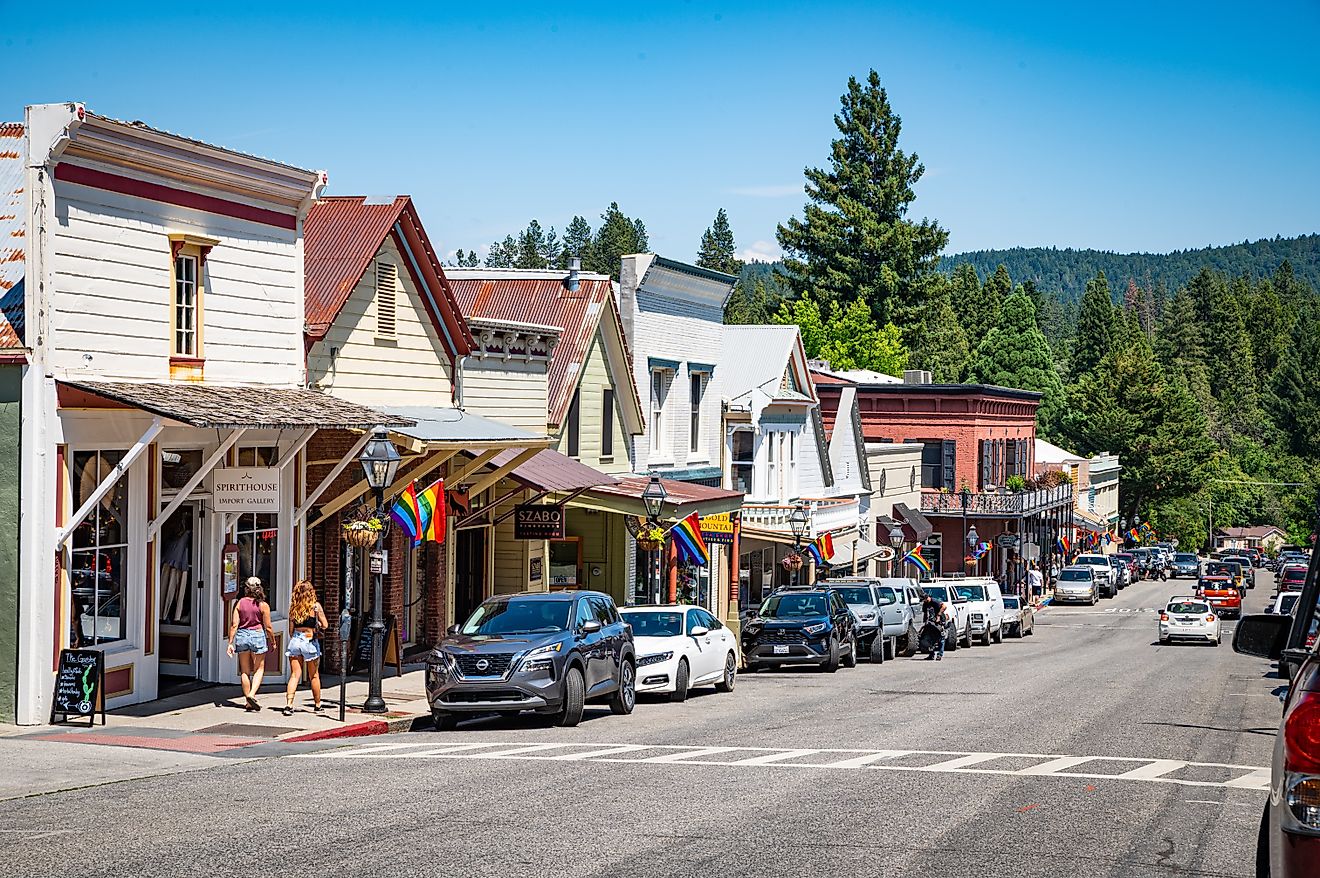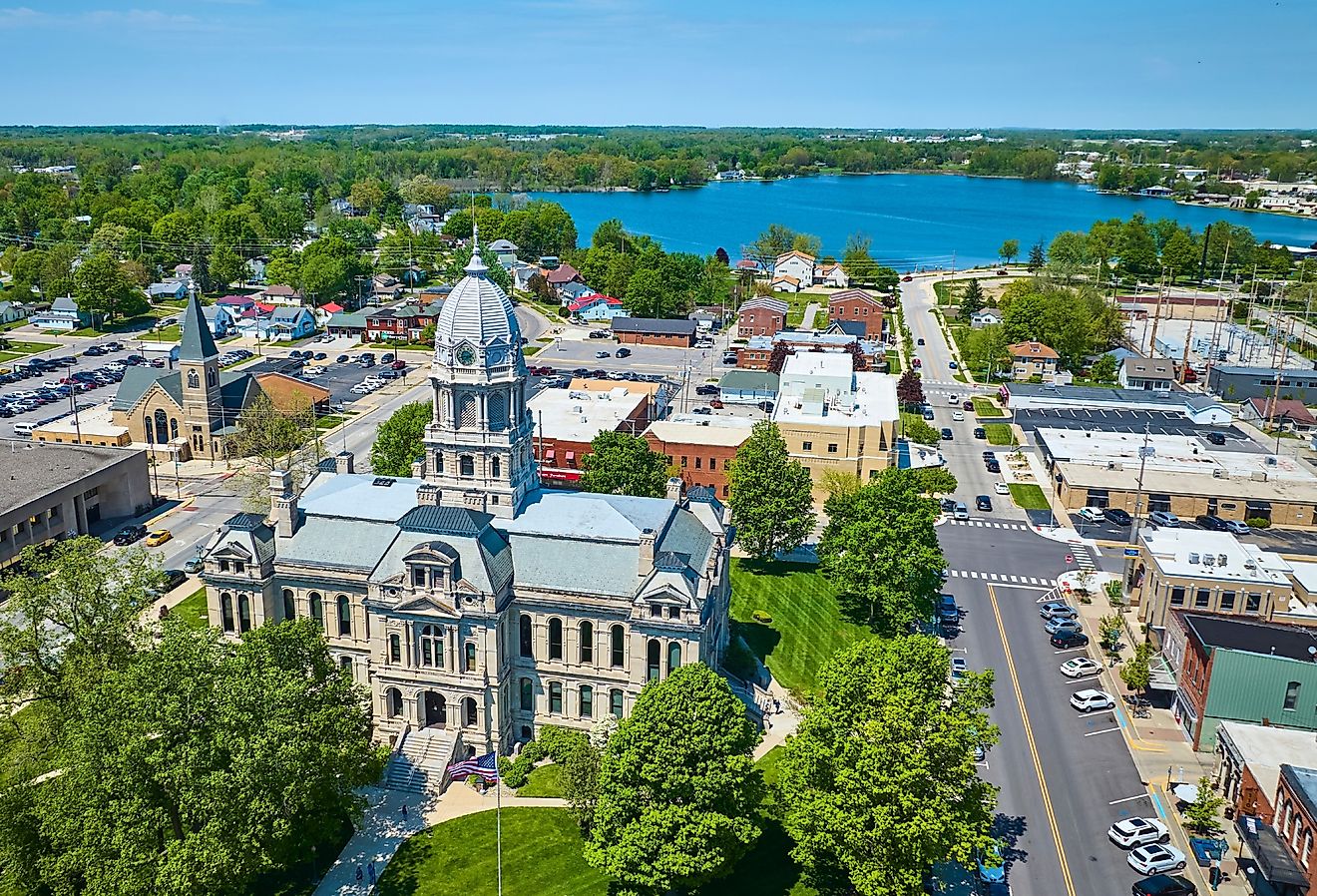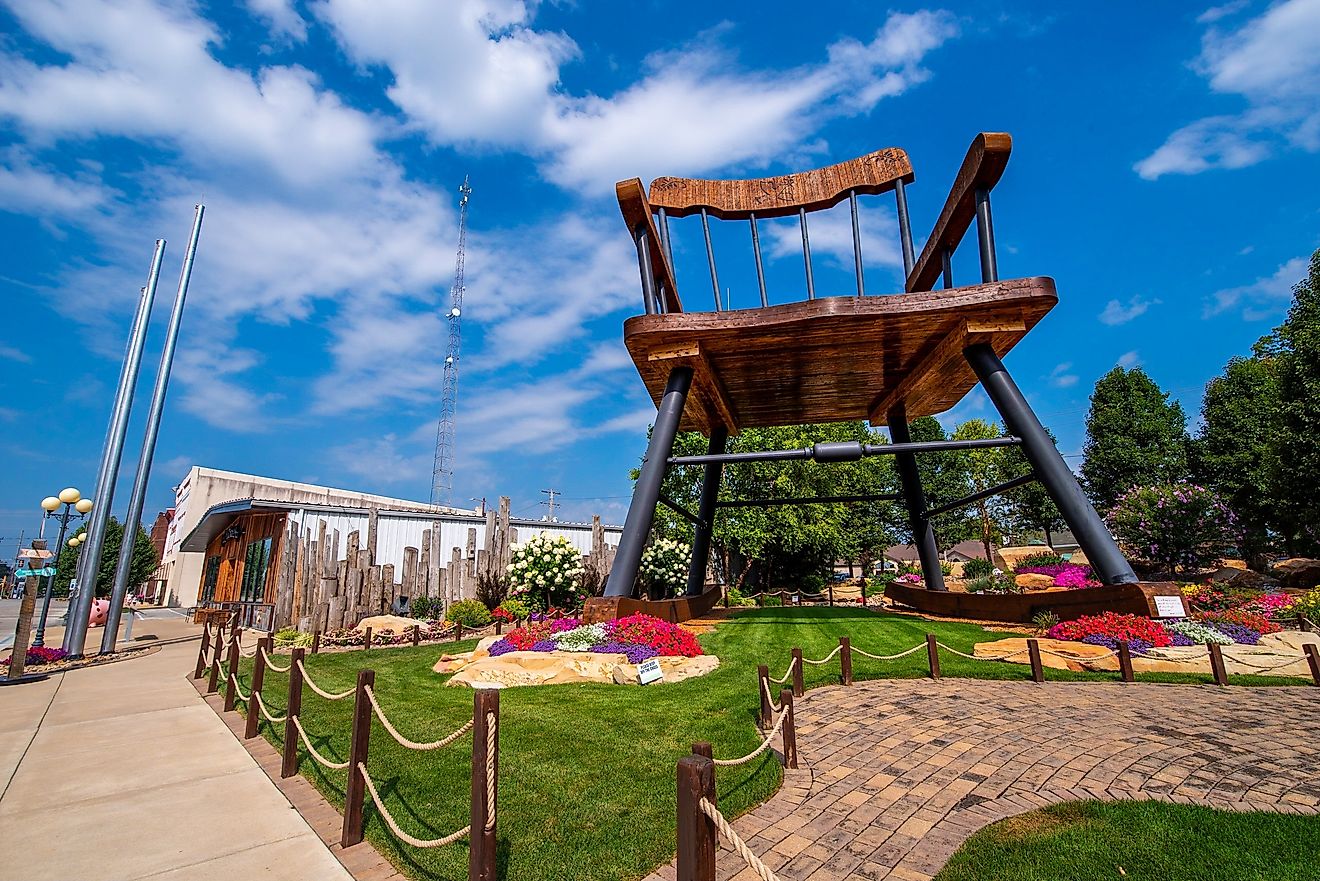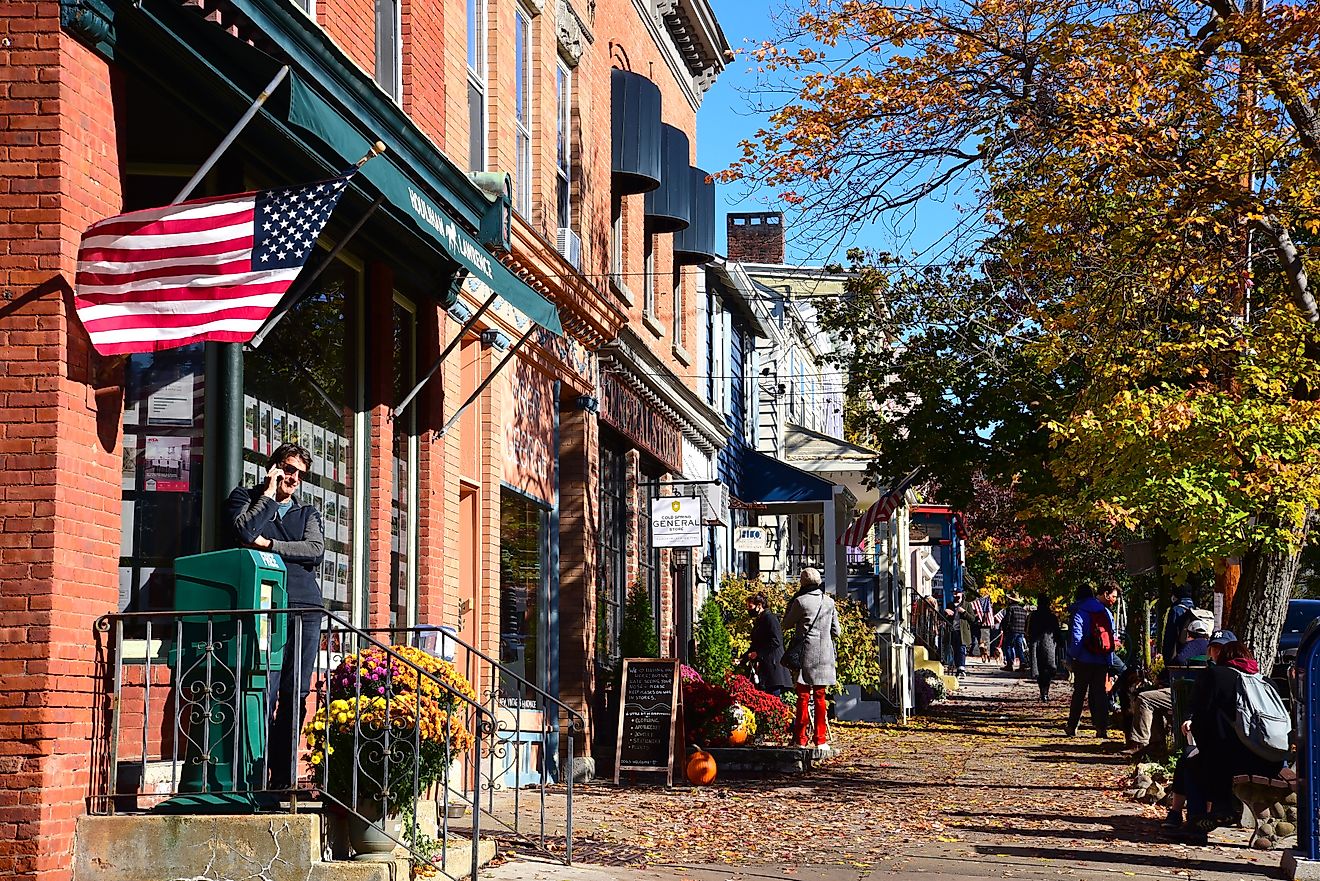
Yuma, Arizona
Nestled in a corner of the US state of Arizona is the city of Yuma. Situated on the Colorado River, close to the US-Mexico border, Yuma has a long history associated with the Wild West period of the 19th century. Its proximity to the Colorado River made it an important trade outpost. Later on, the city became an important center for agriculture. Today, Yuma is still famous for its agricultural products. Activities related to the US military have also driven the city’s economy. Yuma is also famous for its weather. In fact, it has been labeled “the Sunniest Place on Earth” by the Guinness Book of World Records.
Geography Of Yuma

The city of Yuma is located in the southwestern corner of Arizona, close to the border with the state of California and the United States’ border with Mexico. To the north and west of the city is the Colorado River, which runs almost parallel to part of the Arizona-California state line and part of the US-Mexico border. To the southwest of downtown Yuma is the smaller city of Somerton. Another small city, Fortuna Foothills, is situated to the east. Several canals run through the city of Yuma. The largest of these canals is Main Canal, which runs north-south through the city limits. According to the US Census Bureau, Yuma has a total area of 276 sq. km.
Population Of Yuma
Yuma has a population of 99,559 residents. More than three-quarters of this population is white, of which 42.8% are Hispanic, and 32.6% are non-Hispanic. Other Hispanics make up around 17% of Yuma’s population. African Americans comprise 3.18% of the city’s residents, Asians 2.12%, and Native Americans 1.39%. More than 80% of Yuma residents were born in the United States, with 40.58% born in the city. Thus, the other fifth of the population is foreign-born, mostly from Latin America. Just over half of residents in Yuma speak only English, while 44.88% of the population speaks Spanish.
Economy Of Yuma

The city of Yuma has had to contend with high unemployment in the last few years. In fact, in 2018, the Yuma Metropolitan Statistical Area had the highest unemployment rate in the entire United States at 20.9%. One reason for this is that much of the labor force is employed in seasonal agricultural activities. Indeed, agriculture is extremely significant in Yuma, as the city and its environs produce 90% of all leafy vegetables in the United States. Yuma is particularly adept at producing lettuce, which is why the city is nicknamed the “Winter Lettuce Capital of the World”. In 2019, the largest employer in Yuma was the Marine Corps Air Station Yuma, which is one of several military bases in the area.
History Of Yuma

The original inhabitants of what is now Yuma were Native Americans of the Quechan and Cocopah nations. In 1540, the first Europeans in the form of Spanish explorers visited the area. After encountering the indigenous inhabitants, the Spaniards referred to them as Yumas, derived from the Spanish word “humo,” meaning smoke. The term denoted the smoke from the Native Americans’ cooking fires that filled the air. In the 1680s, another expedition led by Father Kino visited the area to convert its indigenous inhabitants to Christianity.
It was not until 1774 that Yuma found itself on the map of the Spanish colony of New Spain. The Spaniards viewed the so-called Yuma Crossing in the area as strategic in that it opened the way for the colonization of Alta (Upper) California. But a rebellion by the indigenous Quechan people against Spanish control ended the Spaniards’ desire to control the area. By 1821, when Mexico achieved independence from Spain, mountain men and explorers from the United States were beginning to enter the Yuma region. In 1846, war broke out between the United States and Mexico, which resulted in the latter being forced to cede all of present-day California, Nevada, Utah, most of Arizona, and parts of New Mexico and Colorado to the Americans. In 1852, the US Army established Fort Yuma on the northern bank of the Gila River, which formed part of the US-Mexico border after the war between the two countries. One year later, a settlement called Arizona City was established on the high ground across from the fort. In 1873, this settlement was renamed Yuma.
At the turn of the century, Yuma had a population of 1,800 residents. In 1909, the construction of the Laguna Dam, the first dam to be built on the Colorado River, was completed. This dam helped turn Yuma into an agricultural powerhouse. Three years later, a tunnel known as the Yuma Siphon was built, providing the city with irrigation water. In the early years of the 20th century, Yuma became the site of many firsts in Arizona’s history. The first plane to land in the state landed in Yuma in 1911. The first highway crossing of the Colorado River, known as the Ocean-to-Ocean Bridge, was opened in 1915. In 1929, the famous aviator, Amelia Earhart, took off from Yuma to participate in the first Women’s Air Derby. The population of the city grew rapidly in the 1950s, 1970s, and 2000s. But since the last census in 2010, population growth in Yuma has slowed down significantly.
Attractions In Yuma
Yuma has several attractions related to its history, many of which are located in the city’s historic downtown area. Perhaps the most popular of these is the Yuma Territorial Prison, which was operated between 1876 and 1910. The prison grounds are now a state park, where people can learn about prison life during the late 19th and early 20th centuries. Other historic attractions in downtown Yuma include Cloud Museum, Yuma City Hall, Casa de Coronado Museum, and the Sanguinetti House Museum and Gardens. Visitors to Yuma can learn about the city’s military history at the Colorado River State Historic Park, which is located on part of the old US Army Quartermaster Depot grounds.

Yuma is also a great city for people looking for an outdoor adventure. Its proximity to the Colorado River makes it popular with folks who enjoy boating, canoeing, kayaking, and other activities on the water. The city boasts three wildlife refuges and two wetland parks. There is also a national recreation area known as the Imperial Sand Dunes. Located just 32 km west of Yuma, the Imperial Sand Dunes area is a favorite among off-roaders. It has also served as a backdrop for several movies, including Star Wars: Return of the Jedi, The Scorpion King, and Jumanji 3.

